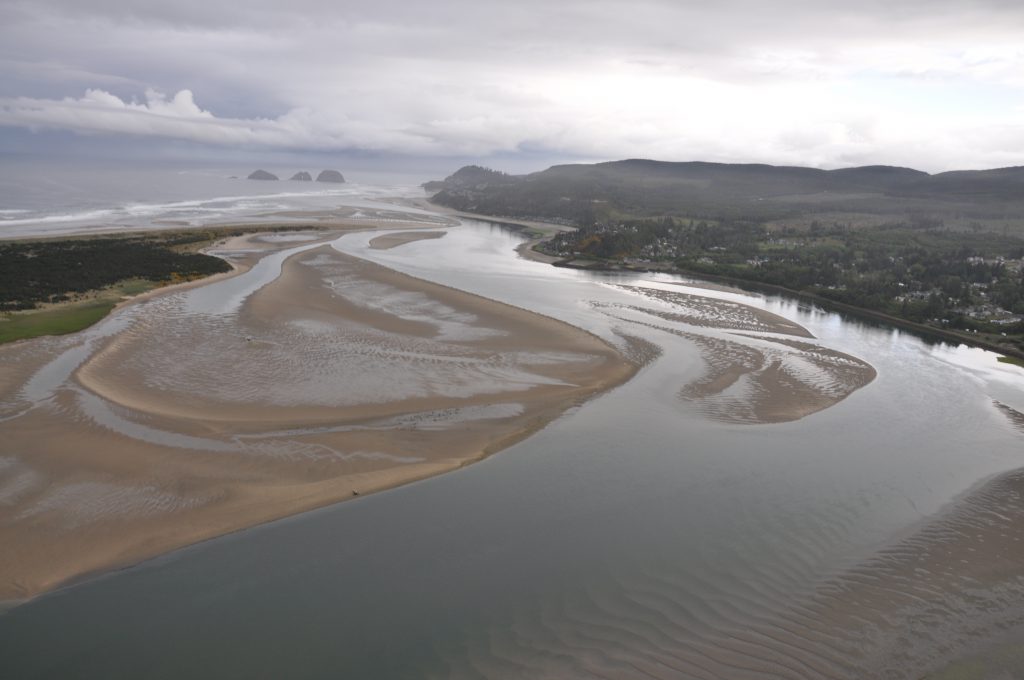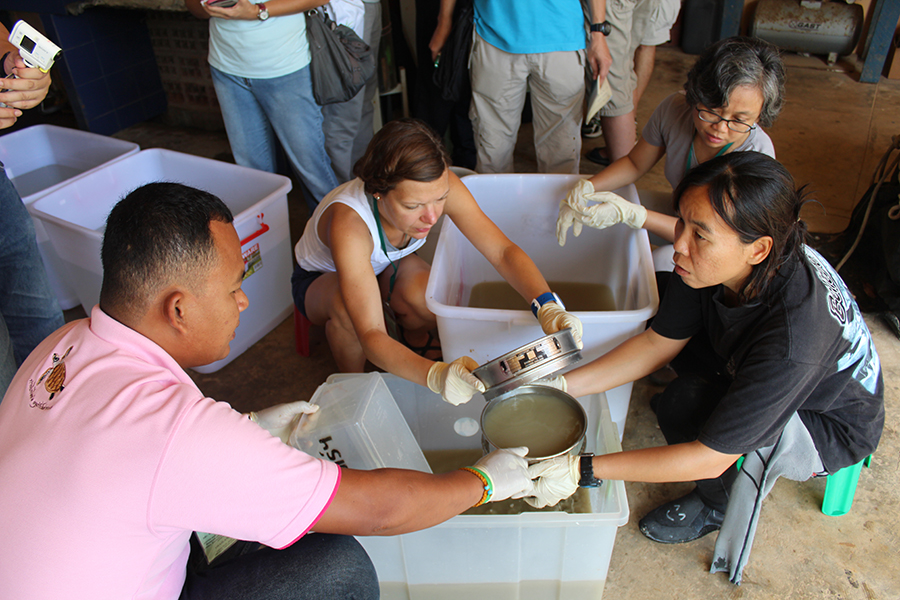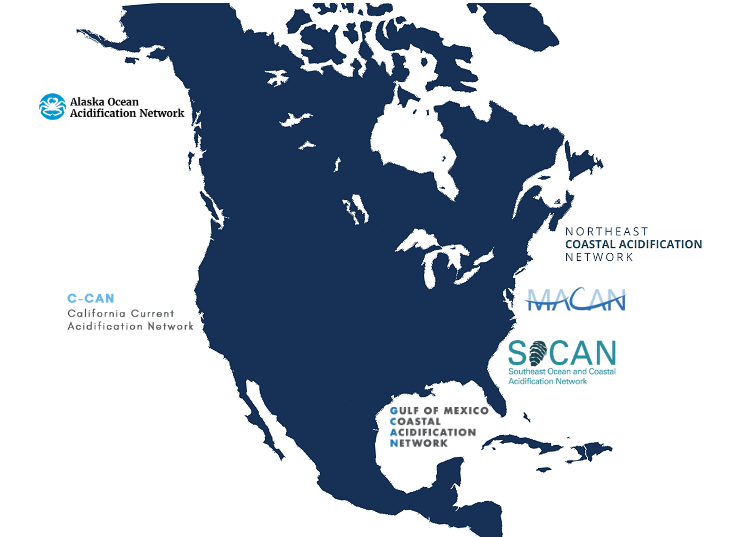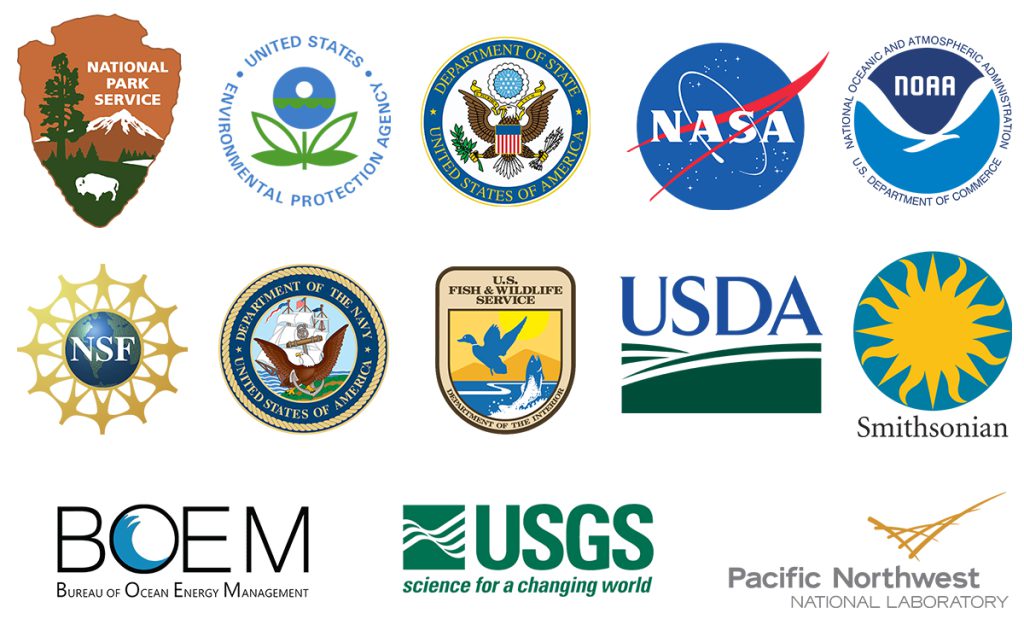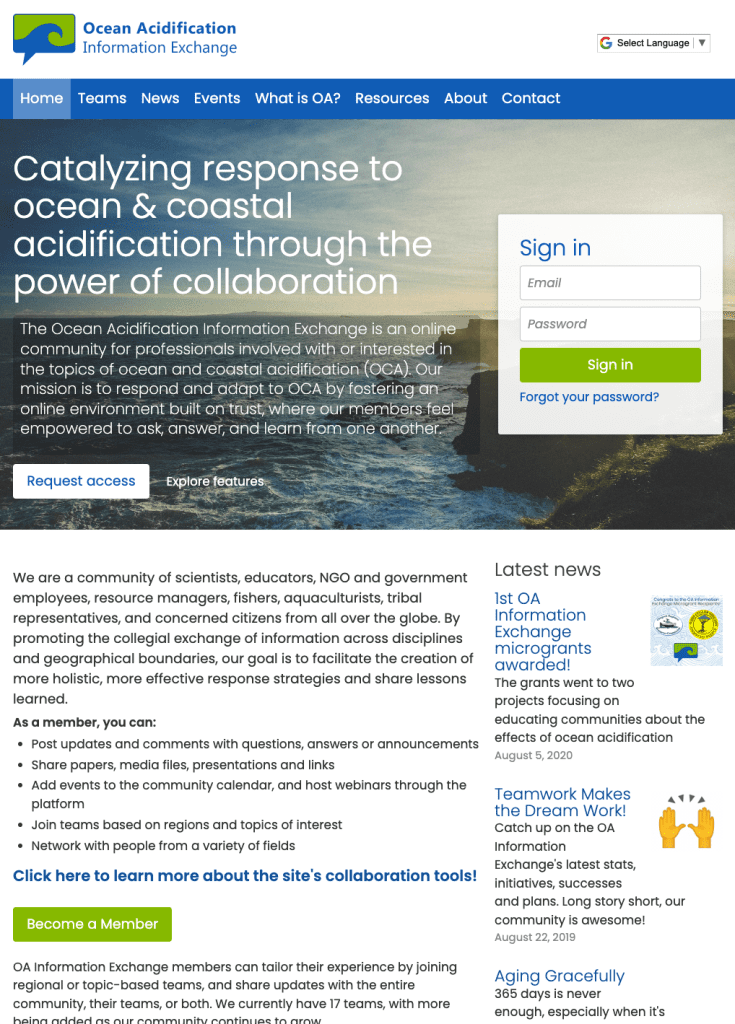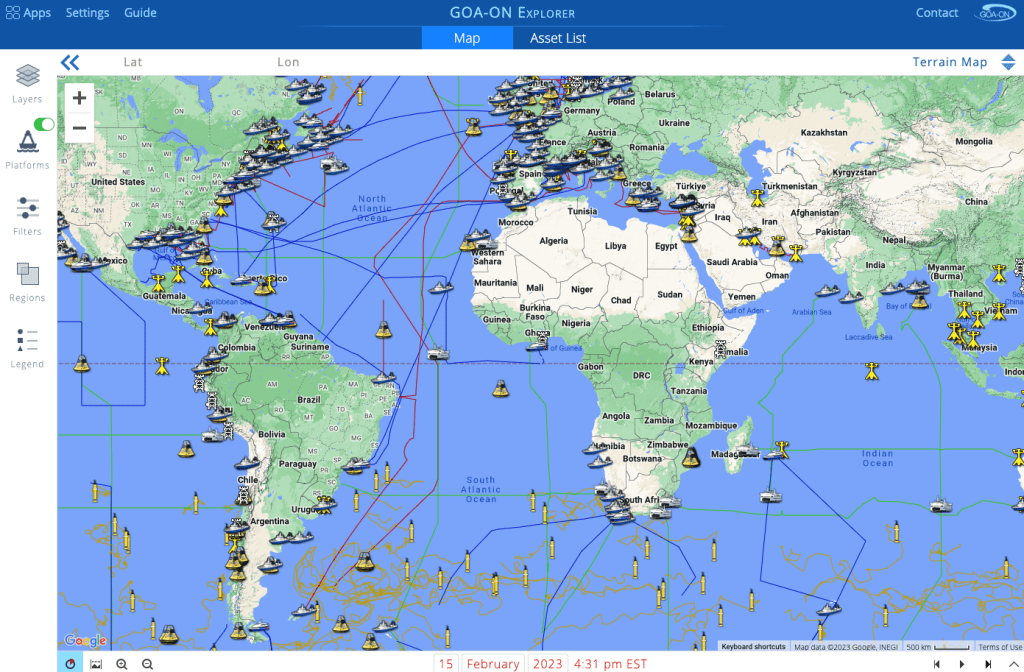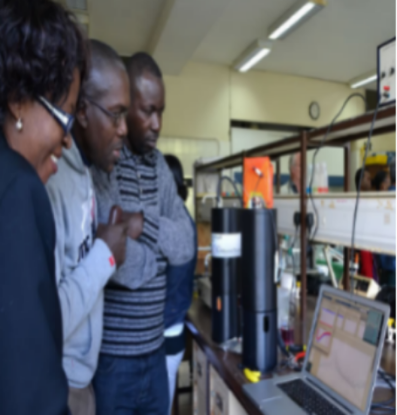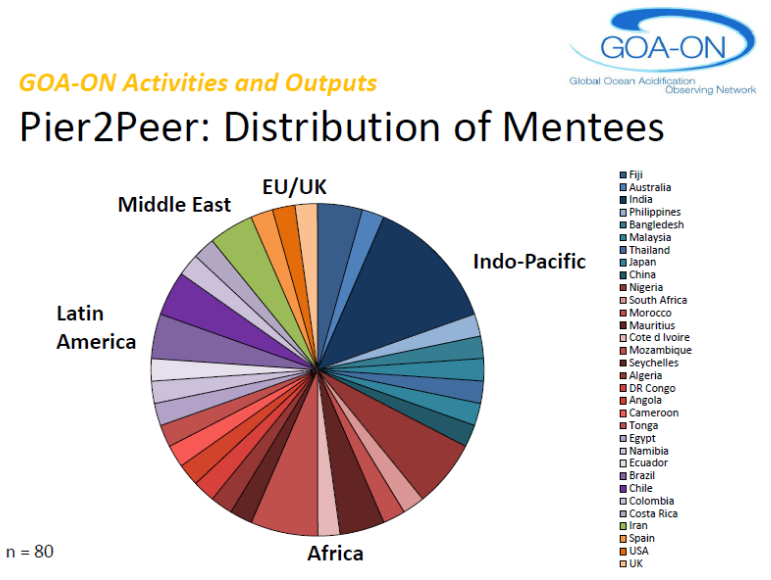Improving Ocean Research and Mapping
The White House Federal reports advance knowledge and describe actions to address ocean acidification and ocean and coastal mapping.Two reports released today respond to the 2014 Strategic Plan for Federal Research and Monitoring of Ocean Acidification, which was prepared pursuant to the Federal Ocean Acidification Research and Monitoring Act of 2009 (FOARAM). The “Implementation of the Strategic Plan

